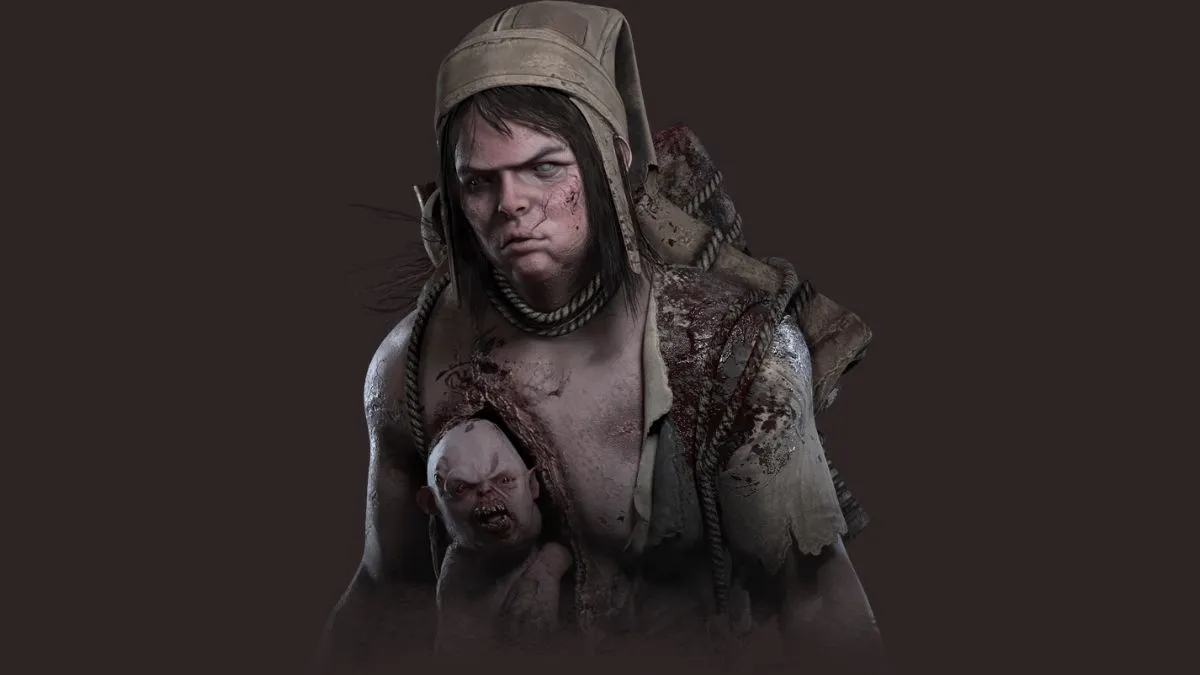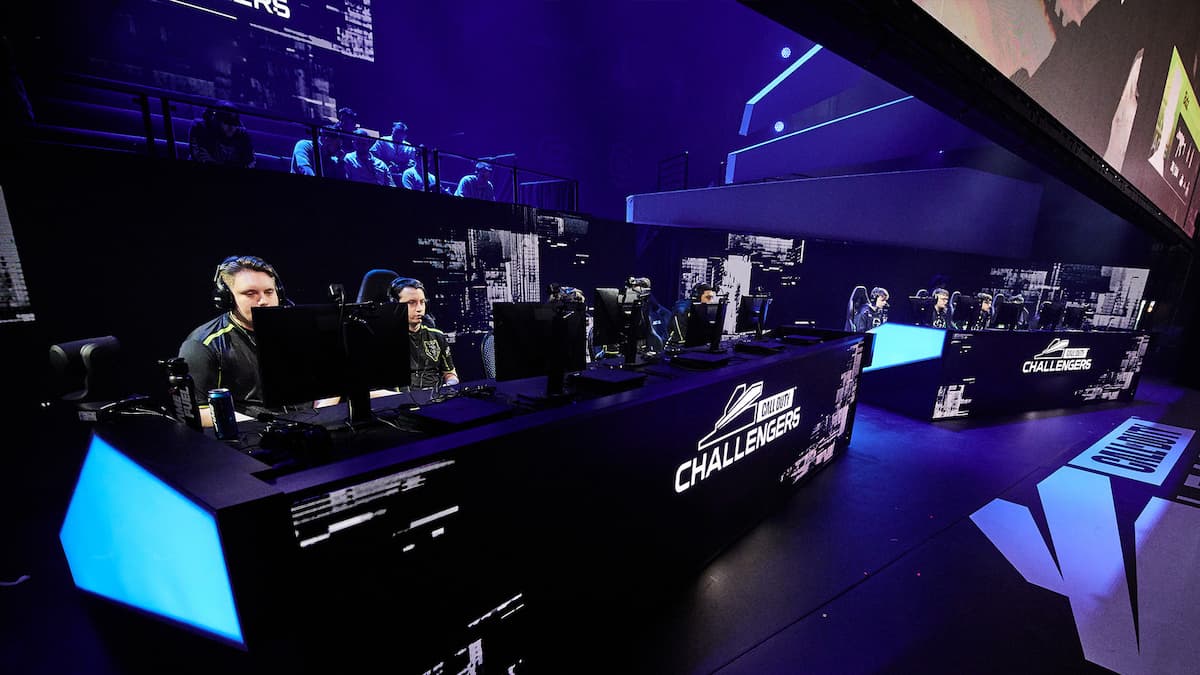Worthy of XCOMmunication
The press materials for The Bureau like to stress that, for 2K Games, this is considered a brand new intellectual property. It says this, even though the game continues to cling to the XCOM name it originally begun development with. It says this with the sore memory of angry fan reaction to the first-person shooter this was originally going to be.
Too afraid to establish itself as a full XCOM game, yet terrified of losing a recognizable brand name, The Bureau seems unwilling to commit itself to anything. This initial impression is justified within moments of playing the game, and it becomes clear just how much this game strives to compromise with half measures, never possessed of enough courage to go all the way with anything it does.
Now a third-person shooter/real-time strategy hybrid, The Bureau is a game that has twisted and writhed in a desperate bid to please everybody. The game we’re getting is the third version of a game that just doesn’t know what it wants to be — a sense of indecision and timidness that permeates its stink throughout the whole product.
And yes, in this case, “product” is the best word to use.

The Bureau: XCOM Declassified (PC [reviewed], PS3, Xbox 360)
Developer: 2K Marin
Publisher: 2K Games
Released: August 20, 2013 (NA) August 23, 2013 (EU)
MSRP: $59.99
Declassified reboots the XCOM story with the foundation of the titular bureau in the 1950s, and an invasion by the alien Outsiders. William Carter finds himself unwittingly drafted into the ranks of the agency after surviving an encounter with the aliens, and exposing himself to a mysterious artifact that gives him fabulous secret powers. As Carter, players are supposed to draft recruits, undertake missions, and reclaim America from the Outsiders, though in practice it doesn’t quite go down that way.
The story is, to put it nicely, as boring as boring can get, and large sections of dialog make very little sense. Carter is little more than an outdated archetype, a grumbling misery with a store-bought tragic past and nothing remotely likable about him. His supporting cast are possessed of even less personality, while the Outsiders themselves are only slightly more compelling. The game pitifully attempts to throw dialog options to try and spice things up, but they are half-heartedly implemented in such a way that, in one scene, a hostile character devoted to his cause suddenly changes his mind after one or two sentences.
Towards the end, the game attempts a cute fourth-wall breaking twist, along with a handful of “moral choice” contrivances, but by that point, so little has been narratively established, and there is no reason to care about anything that’s happening. The Bureau is the kind of game that has realized certain storytelling devices work to surprise and delight the audience, but it doesn’t know why they work. The result is a game that comes off as cynical, and a little embarrassing, whenever it blatantly attempts to trick you into believing it’s meaningful.
The campaign itself is surprisingly shallow, with only a handful of optional messages and very limited customization options spread across an eight hour game that features almost as much back-and-forth walking between NPCs as it does actual combat. Though the game entices with a map of the United States, littered with hotspots and the promise of a tactical romp to take back the nation, the reality is an eight hour, fairly linear jaunt through repetitive missions with a handful of bonus stages. It would appear the groundwork was in place for something much more expansive and involved, but such things were abandoned for one reason or another.
Each mission will involve the player character and two other agents. These agents take orders during battle, and belong to one of four classes — Commando, Support, Recon, and Engineer, each with their own special abilities, leveling systems, and skill trees. In one of the few genuine nods to XCOM, if a field agent is killed in-mission, he’s dead forever. Not a major problem when you can just make more of them between stages, but it’s certainly an inconvenience to lose their level progress.
In theory, The Bureau is a tactical shooter where players are constantly outflanking, outthinking, and outgunning the opposition. In practice, much of the early stages feel more like an escort mission than anything else, as players are forced to babysit weak and incompetent allies. With very little sense of self-preservation, and stripped of almost all autonomy, players aren’t so much encouraged to take charge as they are forced to monitor their charges at all times.
At level one, field agents are pitifully weak, unable to soak even a fraction of the damage that basic Outsider mooks can. They don’t always follow orders correctly, and they’re not afraid to dash headlong into an enemy rather than take a covered approach to a destination. Until they’re fully leveled (if they you can keep them alive that long), they’re more anchor than asset.

Fortunately, the game becomes much more tolerable when Carter and his friends level up. Carter himself gains access to some genuinely cool abilities — able to summon an Outsider Silicoid or support drone, brainwash targets into temporary defection, and heal his comrades — while field agents all eventually get themselves some crucial powers, bringing automated turrets, protective shields, draining plasma fields and more into the battlefield. Allies sadly don’t get any smarter, but eventually they can take a beating and dish out some fire of their own in return.
Orders are given by pressing the “battle focus” button, which slows down time and allows characters to be commanded via a simple wheel of abilities and directions. Allies can be told to use abilities, mark targets, or move to locations. It’s a nice idea on paper, but The Bureau‘s implementation leaves a lot to be desired. When telling allies to move to locations, or setting the target destination for an ability, players have to move a marker to the desired area — a marker that’s restricted by walls, windows, ledges, and cover.
Even if the character can carry out the command, they sometimes need to be moved or the order abandoned simply because the target marker couldn’t be physically moved to the area by the player. You can’t raise the marker over or through walls — you have to ostensibly “walk” it to the destination as you would a physical player character, and if you can’t do it, you’re boned. The marker also frequently catches on the scenery, and moves like it’s being pushed through mud, leading to an altogether uncomfortable experience.

Instant commands can be given with a quick button push, but the command to focus all fire on an important target and move to a new destination are the same one, which means you frequently risk telling your comrades to rush directly toward a gigantic Sectoid Walker rather than hold the line and simply fire at it. All told, The Bureau‘s tactical elements are quite shoddily implemented, are far less convenient than they could be, and sometimes cause more harm than good.
The action side of the experience isn’t much better, either. When you strip away the convoluted strategy, you have a very mediocre cover-based shooter, in which weapons are weak, enemies rush around in a manner that’s more annoying than challenging, and the same handful of enemies crop up from beginning to end — maybe with a few “elite” variants thrown in to make the battle pool seem deeper. If it wasn’t wearing its little tactical badge, The Bureau would be just another Gears of War tailgater, following in the fine tradition of such titles as Inversion, Quantum Theory, and a dozen other titles you won’t have heard of.
Missions follow a predictable and unrewarding formula, comprised of corridors that open into blatantly telegraphed killing arenas, leading to more corridors and more arenas. Exploding red barrels, spammed grenades, and a stable of garden-variety weapons all conspire to deliver a combat experience both familiar and very familiar.
Oh, and just like with issuing commands, the button to reload and pick a weapon up off the ground is the same one — and it’s a press, you don’t hold to pick up and replace your current weapon, which is fantastic when reloading behind a wall with a gun on it. It’s the little things that really drive home how ill-produced this whole thing is.

Everything in The Bureau works enough to be playable, but its engines run to about half the capacity they could if 2K Marin had just put all its efforts into one thing. Hammering home that inability to commit, XCOM Declassified is both a half-baked real-time strategy game and a banal shooting gallery, with some crude attempts at roleplaying on the side. With a fragmentary story that goes nowhere, and the only good ideas appearing right at the very end, this is a game that manages to run for eight hours, and never truly feels like it starts.
As you might expect, the visuals are thematically consistent with overwhelming indefination, attempting to marry the 1950s aesthetic with trappings from 2012’s critically acclaimed Enemy Unknown. A schizophrenic art style that moves from small town suburbia to high-tech alien landscape and back again could be effectively jarring, but it’s so understated in delivery and generic in design that it comes off as simply jarring in this case. This is not helped by the fact that the graphics themselves are sub-par and the environments are fairly bland.
Yes, the sound holds no surprise either. Voice acting is generally blasé, while the music is instantly forgettable.

When this game was a first-person shooter titled simply, XCOM, a bold and definitive statement was made. It was a statement that drew intense backlash from series fans, and even though 2K Games won back player trust with the release of Enemy Unknown, the damage had already been done to its nerves. After years of troubled development that saw several major overhauls to the game, it’s actually impressive that The Bureau isn’t far worse than it is. That it’s at least playable and more than four hours long is remarkable, but that is the only noteworthy thing about it.
The Bureau: XCOM Declassified desperately wants to be liked, but by failing to satisfy in any direction, all it succeeds in being is a disappointment. It wants to be a strategy game without being a strategy game, it wants to be a shooter without being a shooter, and it wants to be XCOM without being XCOM. As such, it is nothing. It’s an inconsequential waste of time that does nothing for anybody, and saying that makes me feel guilty because its cloying pleas to not be hated are worthy of pity.
I feel like I’ve kicked a puppy that just wanted to be my friend, but it really was a crap puppy.





